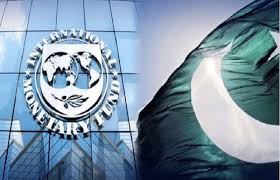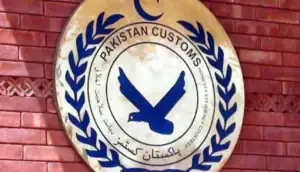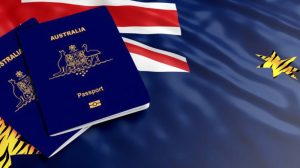Islamabad, May 18, 2025: The International Monetary Fund (IMF) has imposed a stringent set of 11 new requirements on Pakistan as preconditions for releasing the pending funds under the $7 billion loan arrangement.
These measures aim to stabilize Pakistan’s economy amid mounting fiscal pressures and ongoing reform challenges.
According to the latest IMF staff report published this Saturday, Pakistan must first obtain parliamentary approval for the upcoming fiscal year 2026 budget, which totals Rs. 17.6 trillion.
This budget includes Rs. 8.7 trillion allocated to interest payments, a primary surplus target of Rs. 2.1 trillion, and an overall deficit capped at Rs. 6.6 trillion.
Notably, development expenditures are projected at Rs. 1.07 trillion, underscoring the government’s commitment to growth amid austerity.
The IMF’s analysis highlights the defence budget as a significant factor, pegged at Rs. 2.414 trillion for FY2026—a 12 percent increase amounting to Rs. 252 billion.
However, Pakistani officials have hinted at an even larger defence outlay exceeding Rs. 2.5 trillion, driven by recent escalations in India-Pakistan military tensions.
The report cautions that prolonged conflict risks derailing Pakistan’s fiscal targets and external sector reforms, amplifying economic uncertainty.
In the critical energy sector, the IMF mandates Pakistan to undertake annual electricity tariff rebasing by July 1 and biannual adjustments in gas tariffs by mid-February 2026 to ensure full cost recovery.
Parliament is also tasked with abolishing the Rs. 3.21 per unit ceiling on the debt servicing surcharge by June, alongside passing a permanent law on the captive power levy by May.
These reforms are crucial to easing the financial burden on state utilities and improving sector sustainability.
A notable fiscal reform includes the enforcement of agriculture income tax across all provinces by June, aiming to broaden the tax base in a sector traditionally exempted.
Additionally, Pakistan must release a governance reform blueprint informed by IMF recommendations, index cash transfer programs to inflation yearly, and outline a comprehensive financial sector reform strategy extending beyond 2027.
On trade liberalization, the IMF demands that legislation be enacted by July to remove all restrictions on commercial imports of used vehicles up to five years old.
This move is expected to enhance market competition and reduce vehicle costs for consumers.
Furthermore, Pakistan is required to formulate a phase-out plan by the end of this year to gradually eliminate tax incentives for Special Technology Zones and industrial parks by 2035, aligning with long-term fiscal sustainability goals.
Read More: IMF Sets Rs14.3T Tax Goal, FBR Targets Non-Filers
Comparing Pakistan’s IMF conditions to past programs reveals a sharper focus on structural reforms and fiscal discipline, signaling tougher economic governance ahead.
Experts argue these measures, while challenging, are vital to restore investor confidence and set Pakistan on a path of sustained growth.









